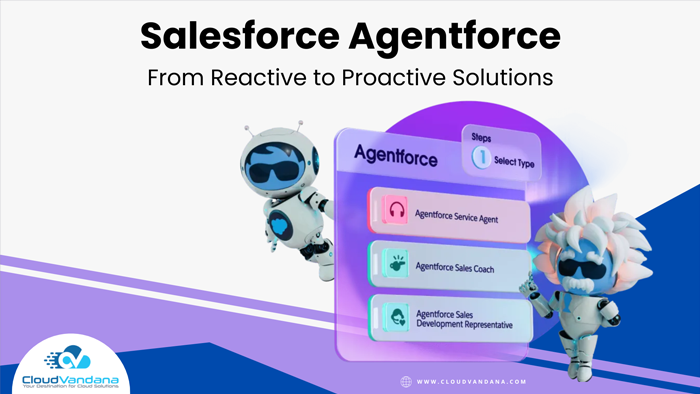Harness the power of Salesforce Apex to unlock your organization’s full potential. Learn how to use this powerful tool for data mapping and optimization!
Salesforce Apex
Salesforce Apex is a powerful programing language for developing software applications on the Salesforce platform. It offers developers a comprehensive suite of tools and features to create custom business solutions, uncover insights from data, and automate complex business processes.
Understanding Data Mapping
Data mapping is connecting data points from different sources to create an intuitive model for processing. With Apex, you can visualize your data and understand the relationship between fields to optimize your business operations. Apex lets you connect different objects, such as Accounts and Opportunities, and map out their connections in a straightforward visual diagram. This ensures communication and clarity when accessing and organizing large amounts of data.
Setting up Your Database
Before you start mapping your data with Apex, it’s important to set up your database and visuals. To do this, create a custom object or define a relationship between existing objects in Salesforce Database. This will ensure that all fields are mapped properly and that any changes you make are instantly reflected across the entire database. Once you have your fields defined, build an intuitive visual model of the relationships between those fields using the Apex Diagram tool. Understanding the relationships between these different objects will let you identify patterns and make data-driven decisions faster.
Working with Apex Classes and Triggers
Once you have your database set up and your visuals mapped, the next step is to start working with Apex Classes and Triggers. An Apex Class is basically a wrapper that contains code that can be used to control access to data, alter data values, respond to events like an Edit event on an object, and more. To create a new Apex class, open the Developer Console and select “New” from the drop-down menu. From here, you can write custom code using the Salesforce Lightning Language (SLDSL) and then “Save” it under a specific name. On the other hand, an Apex trigger allows you to execute custom logic operations when certain events occur on an object in Salesforce. Creating triggers requires similar steps as creating classes, except that they are associated with objects as opposed to classes. With these tools at your disposal, you’ll be able to unlock all of the possibilities offered by Apex for maximum optimization!
Utilize Data Management to Retrieve and Store Information
Data management is essential for extracting, storing, and updating information efficiently. In Apex, this process can be achieved by combining the availableQuery class methods like SOQL (Salesforce Object Query Language) and DML (Data Manipulation Language). With the help of SOQL, you can create dynamic queries on objects and fields in your Salesforce org. As for DML statements, you can use them to process multiple records or control different transactions like INSERT, DELETE, UPDATE, and UPSERT, depending on the data manipulation requirements. Utilizing these classes provides powerful data management capabilities allowing you to access your organization’s data easily and quickly!
Leverage Salesforce Security Permissions for Greater Efficiency
With Apex, you can leverage security permissions to ensure all actions across and within your Salesforce Org align with appropriate access controls. Security users can receive expressive SOQL queries, as well as metadata that supports apex methods like insert, update, delete, or upsert on objects. For example, this could allow administrators to set specific fields as read-only—without needing to query or write large amounts of code. With this access control system in place, your data can remain secure while giving you maximum efficiency via optimized performance for data mapping and manipulation!
Are you looking for a reputed Salesforce partner for end-to-end Salesforce support? Please schedule a call with CloudVandana, a reputed Salesforce Staff Augmentation firm in India, and hire remote developers for a faster deployment process. Call Now.










